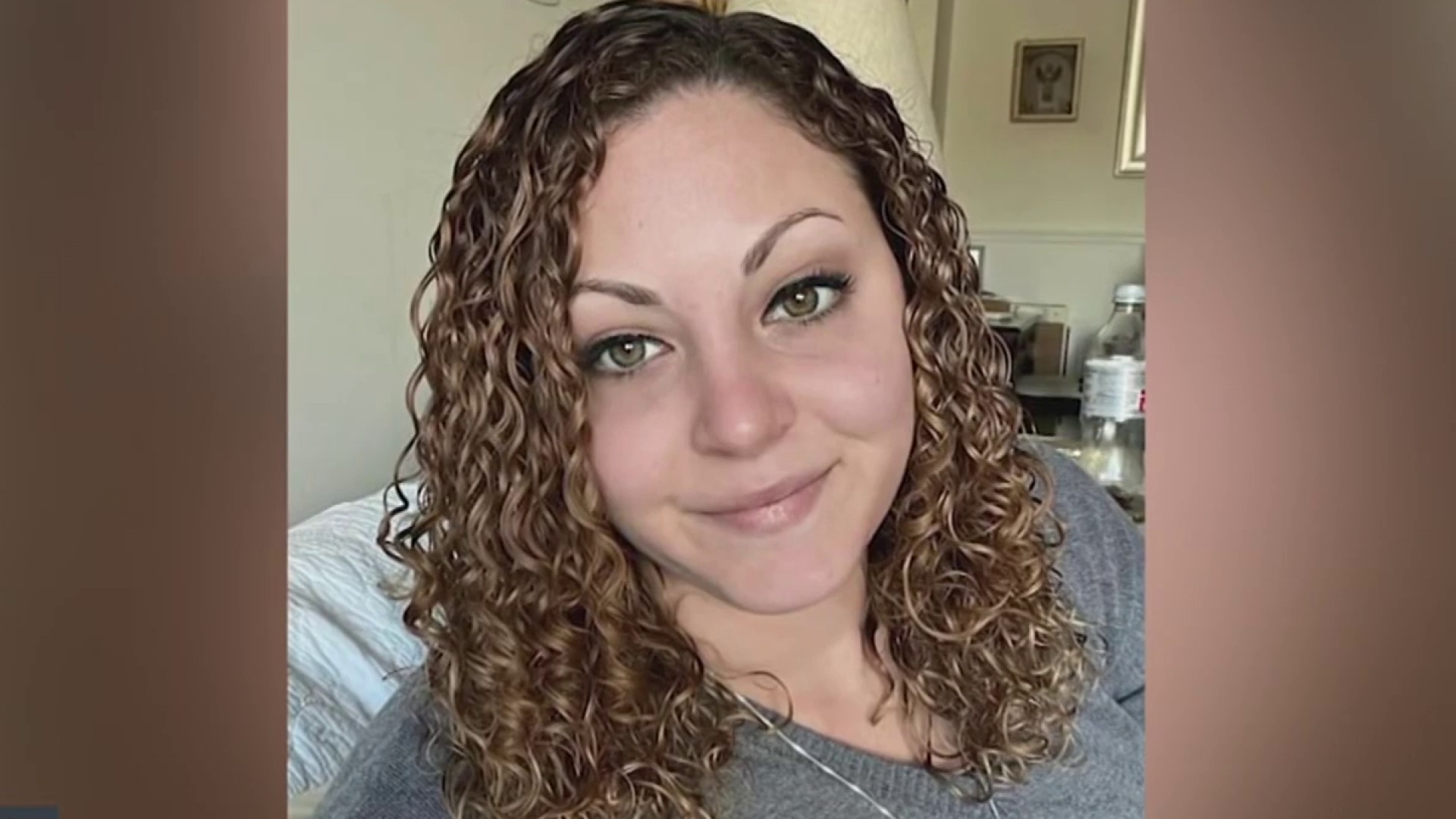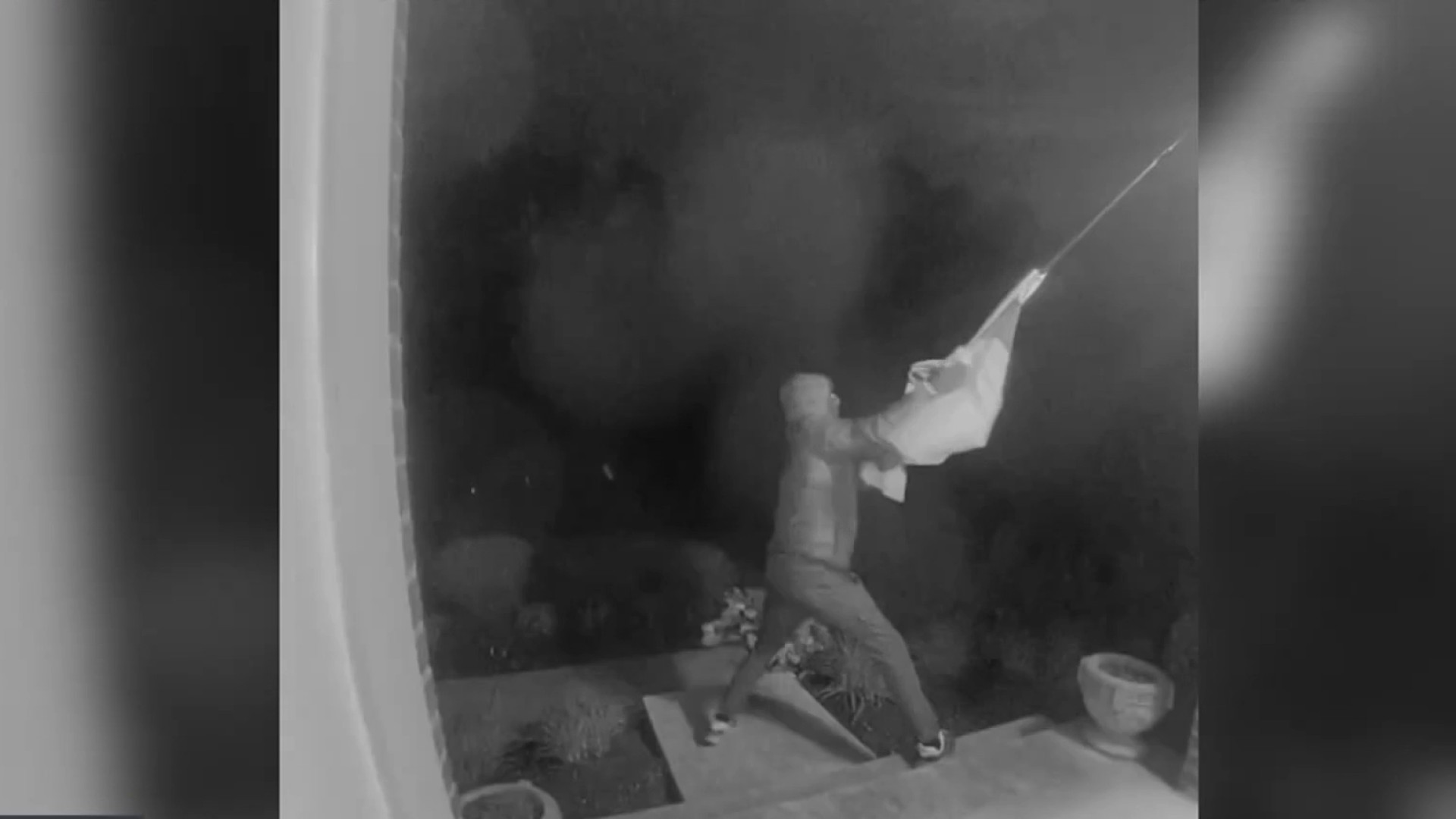A dozen years after 9/11, America has yet to come to grips with a loss that goes beyond that terrible day’s destruction in New York City, at the Pentagon and on a field in Pennsylvania.
That other loss is far less direct, but real nonetheless.
In the name of security, we have lost privacy and freedom in almost too many ways to count.
First, there are the innumerable security barriers that have pockmarked our streets, our sidewalks, our building entrances and even access to revered public spaces like the grounds of the U.S. Capitol and the Ellipse near the White House. And who could tally all of the security cameras whirring away?
Planes fell out of the sky on 9/11, and America rushed to close down its public streets here in the nation’s capital and around the country. Every government office or installation went into lockdown and still suffers from what your Notebook calls bureaucratic “security envy.”
“Security envy” stems from the White House and Congress. They shut themselves off from the citizens they serve, and soon all federal agency bureaucrats reasoned that they, too, weren’t important unless they adopted super-strict security measures. We might as well put an asterisk next to any reference to “the land of the free and the home of the brave.”
The “securicrat” era has affected private companies, too, with fences and gates and ID checks and thousands of private security guards who often are ill-informed or clueless about their real authority, which is not much beyond the property boundaries they patrol.
Local
Washington, D.C., Maryland and Virginia local news, events and information
Your Notebook’s TV persona still encounters the occasional private guard who wanders out onto public space, telling us erroneously that we can’t shoot this or that. You should see the look in their eyes when we say that not only can we shoot footage, but we are shooting them interfering with us.
But your Notebook doesn’t blame the individual guards. We blame the officials in charge, with their bureaucratic impulse to at least appear like they are in control of things. It’s compounded by their lack of understanding or knowledge of individual and press freedoms.
The physical barriers — and we can only hope that one day they will be outdated relics equivalent to the 1950s/’60s bomb shelters — are not the only assaults on our liberty.
Every day brings some new disclosure that your every move online, or on the telephone, is exposed to secret government monitoring.
As the media reported this summer, spy agencies can remotely activate your phone’s microphone and listen in on your conversations even when the phone is not being used. That’s creepy.
President Barack Obama has ordered a review of privacy intrusions, but skeptics say there is little confidence that much will be accomplished.
On this 9/11 anniversary, the good news is that it’s possible that the privacy issue may unite left- and right-wing adversaries in Congress. At least then the warring factions will be fighting for the same important goal — the freedoms all our security is supposedly in place to protect.
■ No vote on Syria. It’ll come as no surprise to regular readers of this column, but the 630,000-plus citizens of the District have no say in whether the United States attacks Syria for its reported use of chemical weapons.
On Monday, D.C. Delegate Eleanor Holmes Norton said that as of that moment, she would vote against the president’s plan for warlike action against Syria. But the key point is that she doesn’t have a vote on the floor of the House. And, therefore, the citizens of the District have no voice.
“The outcry that the president not strike Syria without a vote from the Congress,” Norton said, “spotlights intensely the denial of the democratic rights that our citizens have faced in every war the nation has fought except, ironically, the Revolutionary War.”
Norton, who was joined by Mayor Vincent Gray, spoke at the D.C. War Memorial, the structure that sits almost anonymously just steps from the grander World War II Memorial. The D.C. memorial remembers the 499 District citizens who died in World War I.
Norton said Congress may well reject the president’s appeal. “If the vote fails, and the president proceeds anyway, the citizens of the 50 states … will have just a taste of what the residents of this city have experienced for more than two centuries,” she said. “For us, it is taxation without representation every single time there is a vote in the House of Representatives … and Senate."



